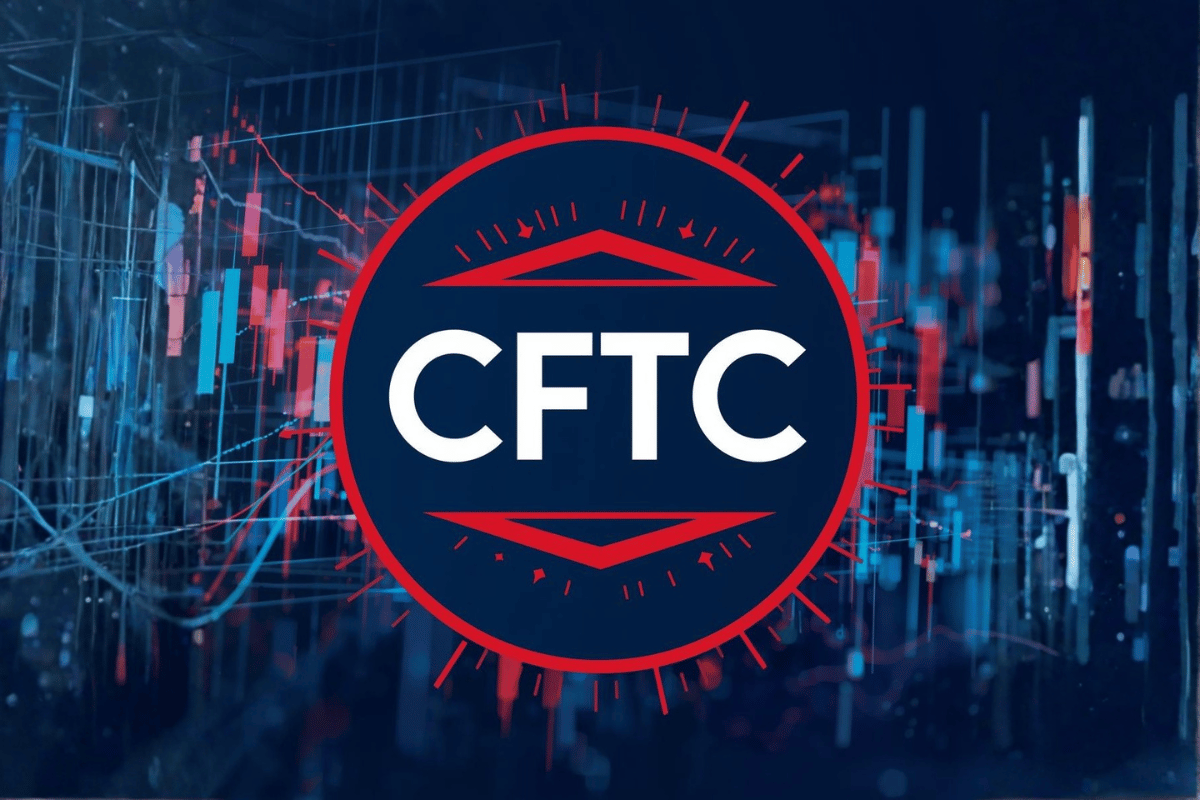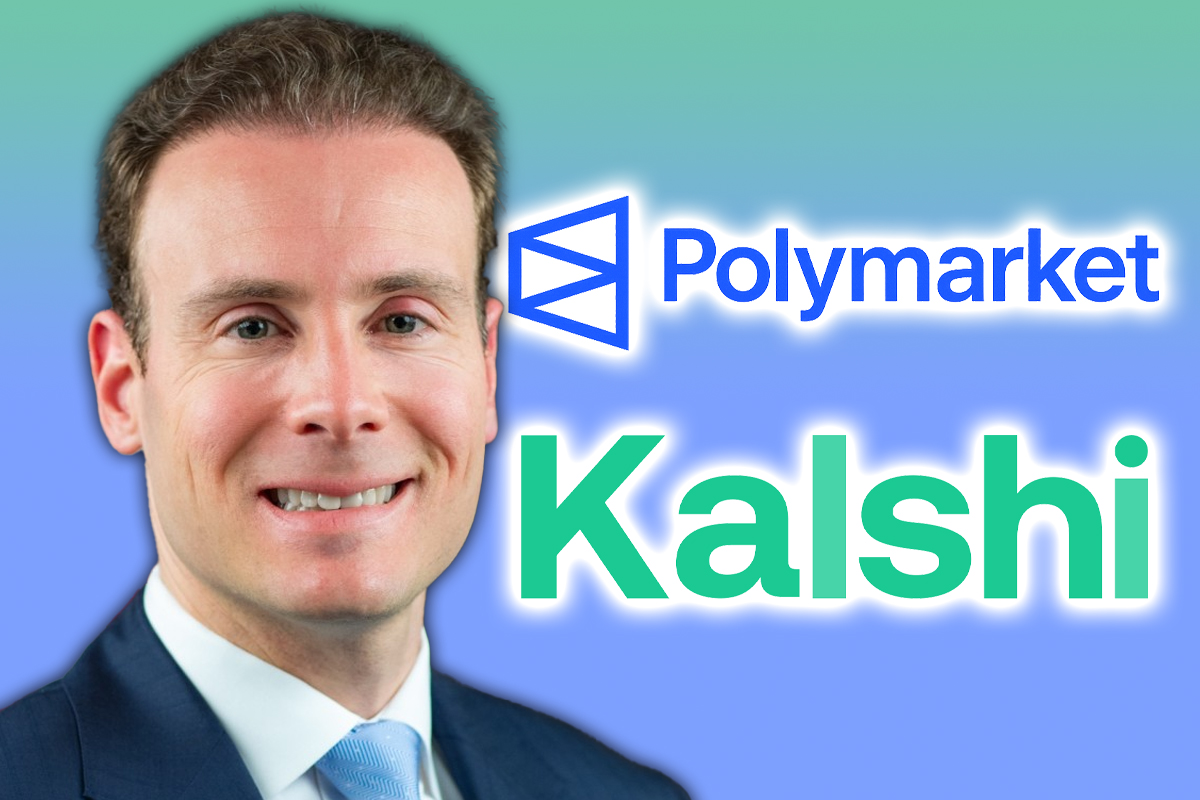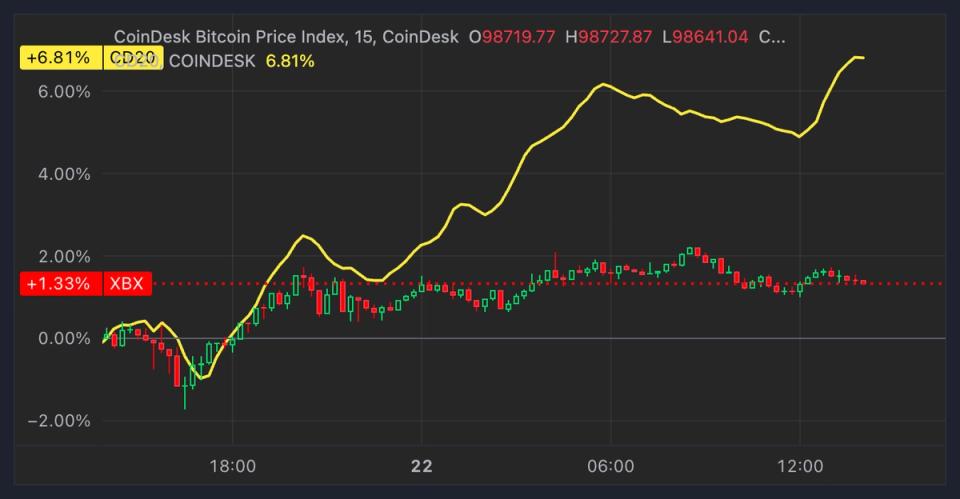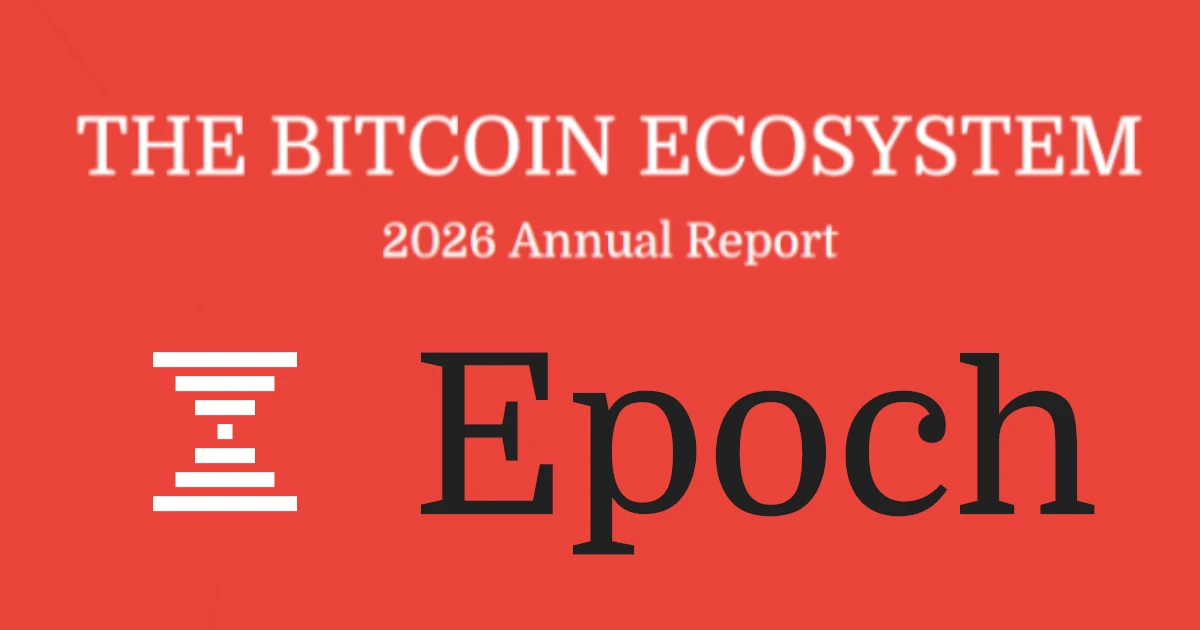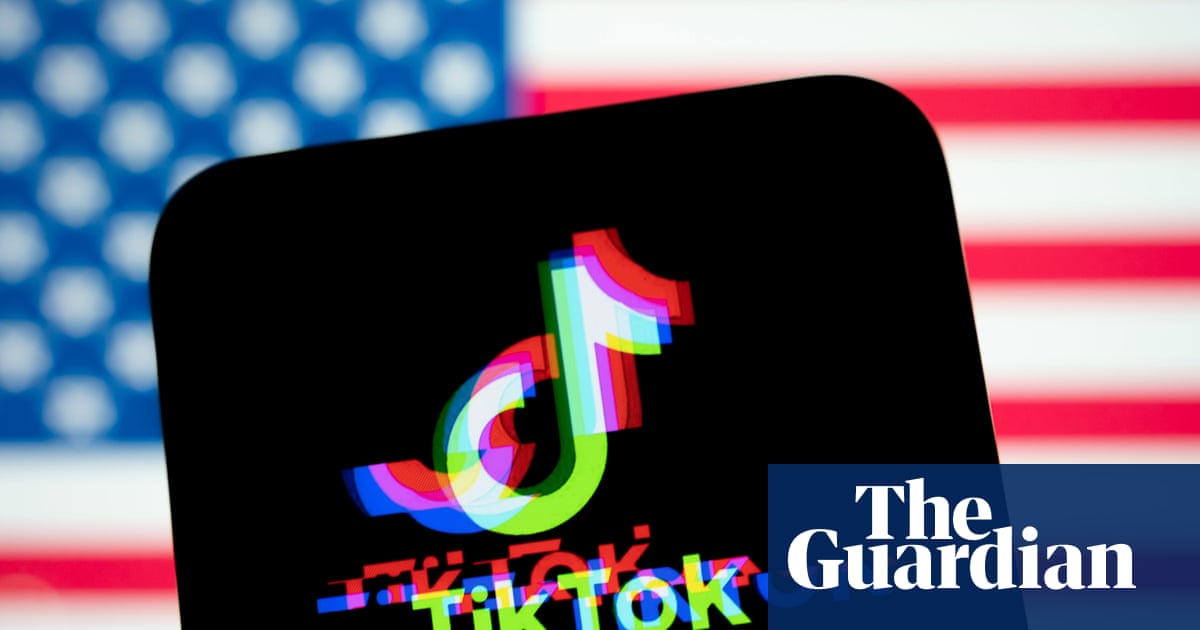#regulation
#regulation
[ follow ]
#prediction-markets #bitcoin #grok #public-health #sports-betting #cftc #waymo #autonomous-vehicles #ai-governance
fromfortune.com
3 days agoChina rushes to stem price war in autos as passenger car sales drop nearly 20% in January
China moved on Thursday to curb a fierce price war among automakers that has caused massive losses for the industry, after passenger car sales dropped nearly 20% in January from the year before, the fastest pace in almost two years. The State Administration for Market Regulation released guidelines for manufacturers, dealers and parts suppliers aimed at preventing a race-to-the-bottom price war.
Business
fromTheregister
3 days agoStarlink speeds past terrestrial networks - and regulators
Stefanovic found that Starlink carried data more quickly than connections that started on European cellular networks, despite the space broadband service often requiring more network hops and not using Tier 1 networks. She hypothesized that Starlink's performance can be attributed to the satellite-to-satellite laser connections SpaceX employs, which route traffic across the satellite network so it can reach the most appropriate terrestrial egress point. That laser network, she suggested, should perhaps be considered a new routing layer for the internet.
Science
fromTechCrunch
1 week ago'Industry' season 4 captures tech fraud better than any show on TV right now | TechCrunch
What's fascinating about this season of "Industry" is how well it speaks to this moment. Tender starts as a payment processing platform for adult content. The show references the very real (and still controversial) Online Safety Bill that the UK introduced, which has led to age verification and other enhanced rules for consuming adult content online. Because of its affiliation with adult content, Tender finds itself at odds with the new government's regulation and must pivot or die, as the saying goes.
Television
fromReadWrite
1 week agoNew York Gaming Commission reviews sports bets
Within the letter, which is addressed to league commissioners and leaders, the commission says it is re-examining all player prop bets and single game specific multi-leg individual player parlays. They say this is taking place after recent allegations, investigations, and prosecutions have come to light. Once the review has been complete, if it requires the outright elimination of certain bets, the Gaming Commission states it'll use its regulatory authority to prohibit them.
US news
fromKqed
1 week agoThese California Trucking Schools Broke State Laws. Regulators Couldn't Do Anything About It | KQED
The sudden closure derailed his career plans. A trucking job was a path forward, he said, a way to earn a better living than his current rotation of gig jobs, such as putting up blinds and detailing cars. He had quit working, paid about $2,000 in tuition and fees to attend the trucking school and was hiring a babysitter to take care of his two kids so he could attend class for a few hours each day.
California
Food & drink
fromFood & Beverage Magazine
1 week agoWSWA Access LIVE 2026 Day 1 & 2 Recap: AI, Hemp, and Industry Titans in Vegas - Food & Beverage Magazine
WSWA Access LIVE 2026 convened top wine and spirits distribution, retail, and hospitality leaders to address regulatory shifts, category blurring, non-alc growth, and AI adoption.
fromenglish.elpais.com
1 week agoLucia Camacho: In the iris business, it's no coincidence that World Foundation has focused on Latin America'
Over the past three years, several Latin American countries have witnessed the arrival of the Orb, a futuristic-looking spherical device used to read irises and capture biometric data. This striking technology, developed by World Foundation and created by Sam Altman, a leading figure in artificial intelligence and CEO of OpenAI, along with its operational partner, Tools for Humanity, has been installed in shopping malls, gas stations, and other locations in Colombia, Chile, and Brazil.
Artificial intelligence
fromFuturism
2 weeks agoChinese Adults Taking Strange AI Devices to Bed With Them
Among them is the country's embrace of human-like AI systems, which are increasingly being embedded in cuddly, commercial, transactable toys - for adults, strikingly, in addition to children - at the same time that state regulators are considering a broader crackdown on that exact type of tech. New reporting by China Daily reveals the rise of AI companion toys among adults in China, a trend emerging as more of the country's citizens live alone than ever before.
Artificial intelligence
fromwww.theguardian.com
2 weeks agoOne in seven food delivery businesses in England are dark kitchens', study shows
Dr Lucie Nield, co-lead investigator from the University of Sheffield, said: People deserve greater transparency about the food they are ordering online, and these businesses must be held to the appropriate regulatory standards. Without this, dark kitchens risk falling through the gap, with potential consequences for public health, particularly by encouraging increased use of online takeaways, greater availability and therefore greater consumption of high fat, salt or sugar food.
Food & drink
fromBusiness Insider
2 weeks agoGoogle warns against 'breaking Search,' as pressure mounts over web future
Google saidits Search engine could break if the company is forced to implement strict new controls to protect and nurture web content in the AI era. The warning came after UK antitrust regulators proposed new rules for Google Search that would give publishers more control over how their content is used in AI features such as Google's AI Overviews and AI Mode. In response, Google said it is working on new ways to give websitesmore control over how AI chatbots and AI-powered answer engines access and use online content.
Artificial intelligence
fromHarvard Gazette
2 weeks agoHow AI deepfakes have skirted revenge porn laws - Harvard Gazette
Federal and state governments have outlawed "revenge porn," the nonconsensual online sharing of sexual images of individuals, often by former partners. Last year, South Carolina became the 50th state to enact such a law. The recent rise of easy-to-use generative AI tools, however, has introduced a new wrinkle: What happens when those images look real but have been created by AI? What's lawful in the U.S. and who's responsible is not yet clear.
Artificial intelligence
fromTechCrunch
2 weeks agoWhatsApp will now charge AI chatbots to operate in Italy | TechCrunch
For now, Meta will charge developers in Italy, where the country's competition watchdog asked the company to suspend its policy last December. The company said that the new pricing for non-template responses will begin on February 16. Meta plans to charge $0.0691/ €0.0572 / £0.0498 per message to developers for AI responses. This could result in steep bills for developers if users are exchanging thousands of queries with AI chatbots every day.
Artificial intelligence
Business
fromCointelegraph
1 month agoFive Bitcoin Narratives Analysts Are Watching Beyond Price in 2026
Institutional ETF flows, BTC treasury treatment, miner economics, and scaling/regulatory choices will more strongly shape Bitcoin's demand, security, and mainstream adoption than short-term price moves.
fromSFGATE
3 weeks agoSalesforce CEO Marc Benioff calls out AI models as 'suicide coaches'
"This year you really saw something pretty horrific, which is these AI models became suicide coaches," Benioff told CNBC's Sara Eisen. "We saw that '60 Minutes' session that was pretty well-documented that Character.AI kind of had an unregulated, untruthful, kind of untethered AI that was coaching children into suicide. I can't imagine anything worse than that. So, it can't be just growth at any cost. There has to be some regulation."
Artificial intelligence
UK news
fromLondon Business News | Londonlovesbusiness.com
3 weeks agoHow the UK became a hub for mobile assets: An analysis by the experts of Rounds - London Business News | Londonlovesbusiness.com
UK combines stable regulation, deep technical and commercial talent, and a pragmatic entrepreneurial mindset, making it highly attractive for mobile asset investment and scaling.
Public health
fromABC7 San Francisco
4 weeks agoHealth experts warn about potentially deadly herbal substance, after 6 overdose deaths: What to know
Kratom and its potent derivative 7-OH are unregulated, widely available, linked to recent overdose deaths, and raising addiction and public-safety concerns in California.
fromKqed
4 weeks agoStone Industry Proposes Self-Policing as California Weighs Artificial Stone Ban | KQED
The group aims to begin piloting business certification in Southern California, the nation's silicosis epicenter, as early as this summer, according to testimony by ISFA's CEO Laurie Weber to California regulators Thursday in Sacramento. The audit and training program, which would be expanded statewide later in the year, aims to protect workers without banning artificial stone, she added. "We believe that bans happen when systems fail, and we're here to help fix the system," Weber said. "We want an opportunity to sit at the table and talk about how to solve this together."
Public health
fromKqed
1 month agoAs California Silicosis Cases Rise, Engineered Stone Industry Seeks Immunity in DC | KQED
Resins and other chemicals added to the factory-made slabs contribute to making engineered stone dust more dangerous than dust from natural stones such as granite or marble, according to doctors. Cambria faces 400 lawsuits from stoneworkers for silica-related injuries, most of them in California, Schult said. Other major manufacturers facing lawsuits, such as Israel-based Caesarstone and Cosentino, headquartered in Spain, have developed low or no-crystalline silica alternatives.
Public health
Public health
fromIrish Independent
1 month agoAlmost half of people taken to hospital after e-scooter crashes end up in ICU, report finds
E-scooter-related traumatic brain injuries among children have surged, prompting consideration of mandatory helmets and calls for multi-agency safety measures and enforcement.
Real estate
fromLondon Business News | Londonlovesbusiness.com
1 month agoResidential vs commercial property investment: Which is right for you? - London Business News | Londonlovesbusiness.com
Residential and commercial property investments differ in demand, financing, yields, management, risks, regulations, and suitability relative to investor goals.
fromHarvard Gazette
1 month agoAI is speeding into healthcare. Who should regulate it? - Harvard Gazette
Whenever medical AI handles anything with medium to high risk, you want regulation: internal self-regulation or external governmental regulation. It's mostly been internal thus far, and there are differences in how each hospital system validates, reviews, and monitors healthcare AI. When done on a hospital-by-hospital basis like this, costs to do this kind of evaluation and monitoring can be significant, which means some hospitals can do this, and some can't.
Public health
fromwww.theguardian.com
1 month agoThere's a dark side to floristry': are pesticides making workers seriously ill or worse?
On a cold morning in December 2024, florist Madeline King was on a buying trip to her local wholesaler when a wave of dizziness nearly knocked her over. As rows of roses seemed to rush past her, she tried to focus. She quickly picked the blooms she needed and left. I'm not doing this any more, she thought. That month, after eight years, she closed her Minneapolis-based florist.
Public health
fromPsychology Today
1 month agoWhy AI Doesn't Care About You
ChatGPT now has more than 800 million visitors per week, and hundreds of millions are using Google's Gemini, Anthropic's Claude, xAI's Grok, and Meta's Lambda. These AI systems are powerful and have many valuable uses in business, medicine, education, science, and other fields. They also have scary uses such as military applications, spreading misinformation, and the elimination of jobs.
Artificial intelligence
fromFortune
1 month agoTrump calls for one-year cap on credit card rates at 10% | Fortune
"Please be informed that we will no longer let the American Public be 'ripped off' by Credit Card Companies that are charging Interest Rates of 20 to 30%, and even more, which festered unimpeded during the Sleepy Joe Biden Administration. AFFORDABILITY!"
US politics
[ Load more ]




